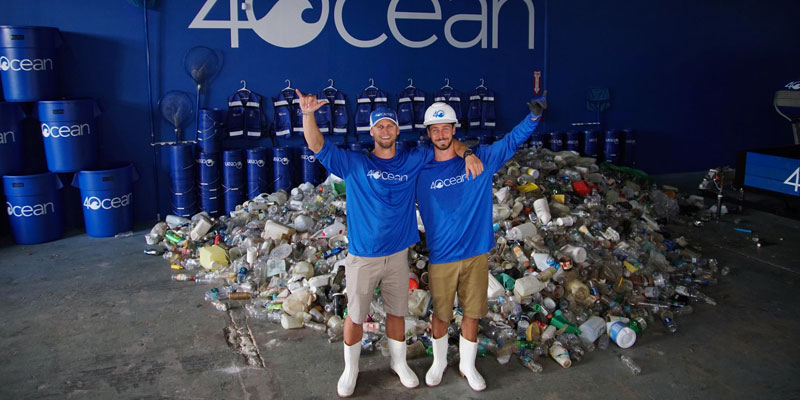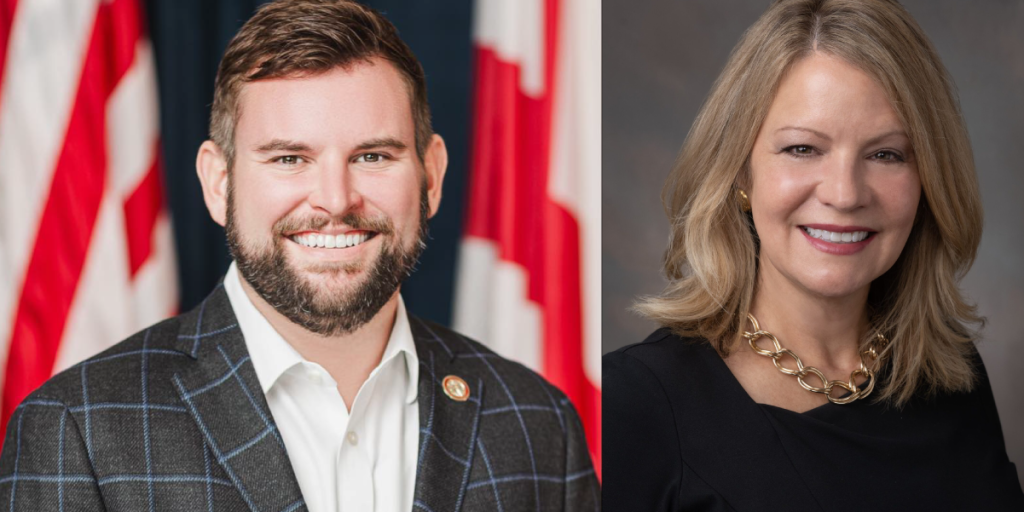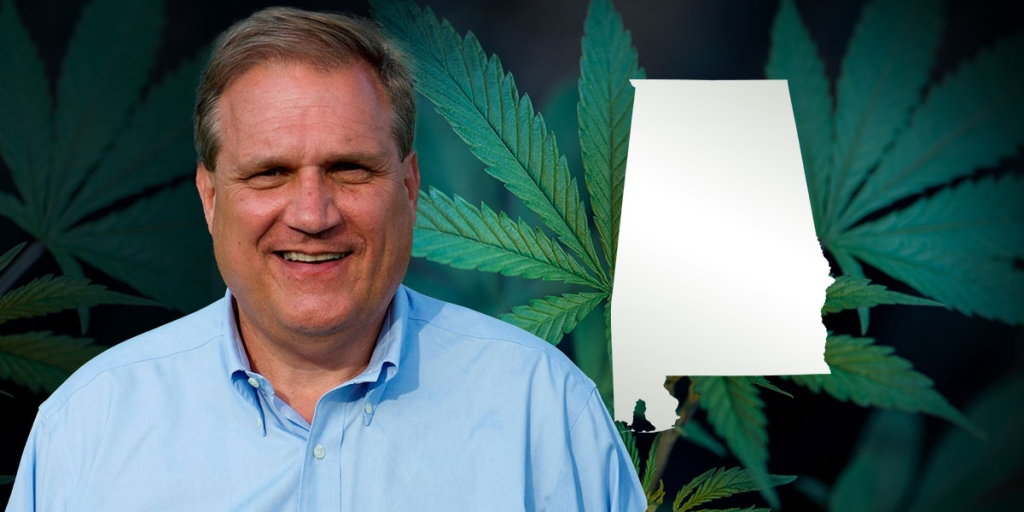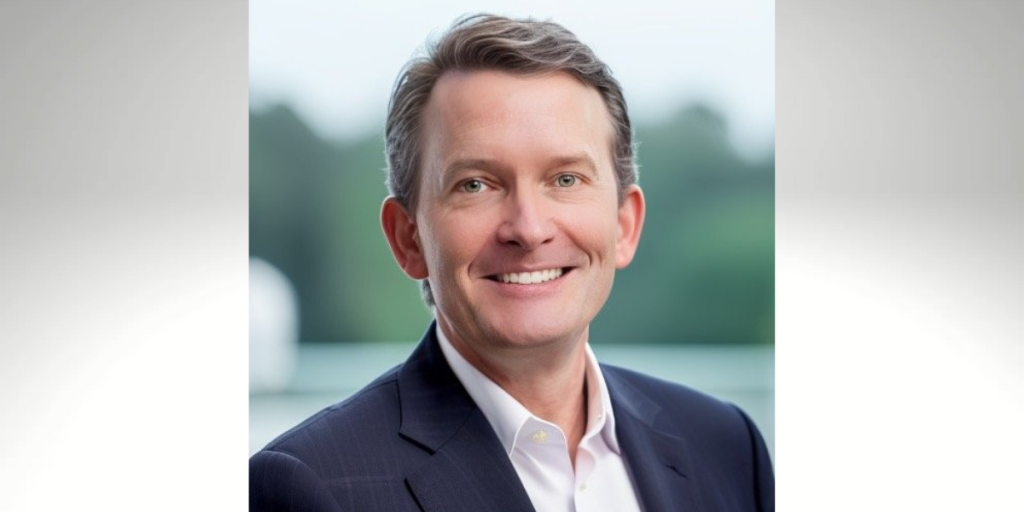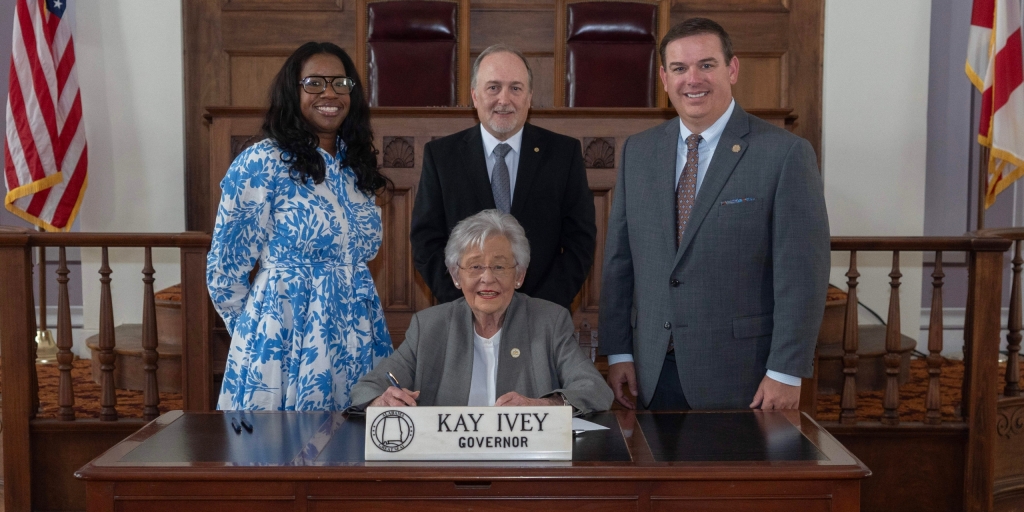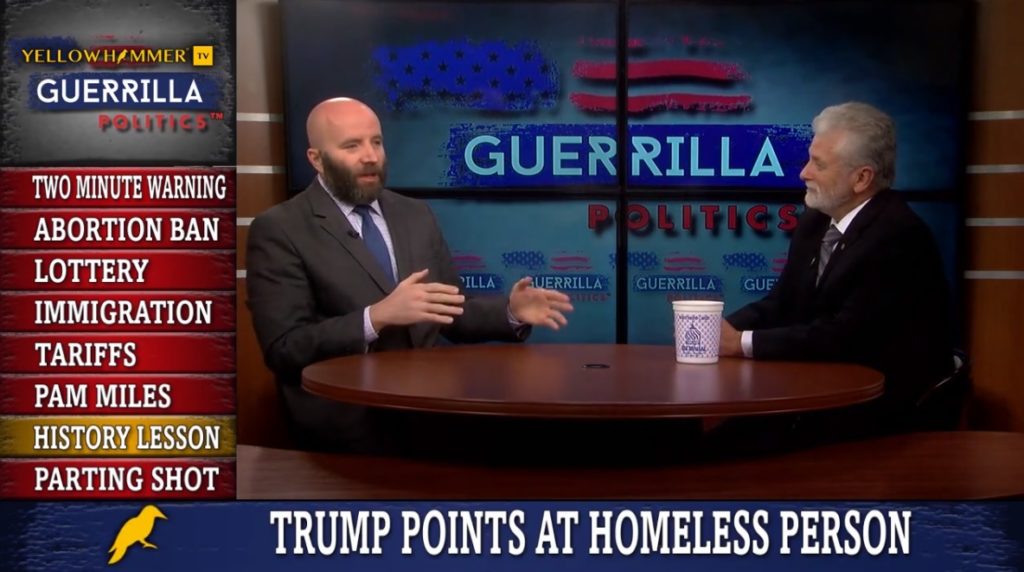Trillions of pieces of plastic are creating huge garbage patches in the world’s oceans. One company’s efforts to do something about this problem can lead us to rethink some perceived economic wisdom.
The National Oceanic and Atmospheric Administration estimates that two million tons of plastic enters the world’s oceans each year. Most of this waste results from irresponsible disposal. Ocean currents have created five major garbage patches. The most notable is the Great Pacific Garbage Patch between California and Hawaii, double the size of Texas and containing 1.8 trillion pieces of plastic. The patches are nuisances, can harm ocean life, and provide one rationale for banning plastic straws, silverware, and bags, although the wisdom of plastic bans is a topic for another day.
Floridians Andrew Cooper and Alex Schulze witnessed the ocean trash problem while surfing in Bali and started 4Ocean in response. As the company’s website describes it, “Devastated by the amount of plastic in the ocean, they set out to find out why no one was doing anything about it.”
The problem was that no one could get paid to pick up the trash, and Mr. Cooper and Mr. Schulze hit upon an idea. For $20, customers can buy a 4Ocean bracelet made from recycled plastic and remove one pound of trash. To date, 4Ocean has removed more than 4.4 million pounds of plastic.
Can we trust that 4Ocean removes trash from the ocean? To assure customers, 4Ocean relies on Green Circle Certification. Green Circle provides third party certification of a variety of environmental claims, including recycled content in products, energy savings, and carbon footprint reduction. Companies like 4Ocean pay Green Circle to assess their operations. For certified claims, Green Circle lets the customer use their symbol and enters the product in their online database.
Certification seemingly faces a conflict of interest: Won’t Green Circle always certify the claims of paying customers? While this is a danger, ultimately a third party certifier really sells only its veracity. 4Ocean will only pay if Green Circle’s seal matters to potential customers. Green Circle, which has been in business since 2009, makes money over time only by being honest.
Third party certification has a long history. The case most studied by economists is Underwriters’ Laboratories, which tests consumer products for safety. The UL stamp assures insurers that lamps, toasters, and other products are not fire hazards.
How does this relate to government and environmental protection? Americans value protecting the environment, but conventional wisdom holds that business cannot make money protecting the environment. Any commercial venture must charge for its product or service, and normally does so by allowing only paying customers to get the product or service.
Yet allowing only paying customers to benefit from environmental protection is almost impossible: everyone benefits if the Great Pacific Garbage Pile is cleaned up. If businesses cannot market environmental protection, we will have to turn to government and taxes.
We have an incentive to let someone else clean up the ocean, but also like to contribute to good causes. 4Ocean taps into this sentiment, and their bracelet lets customers to show off their good deed. Environmental groups raise millions of dollars in a similar fashion. Charities do this too; Save the Children allows donors to learn the story of a child they “rescue.”
Proponents of government action will point with justification that the funds raised through markets to protect the environment are small relative to the scale of the problems. The 2,200 tons of plastic 4Ocean is just a drop in the bucket. Yet government efforts can be poorly funded, very costly, and of poor quality. The Government Accountability Office has repeatedly documented the flaws of the Energy Star labeling program.
Ultimately we must pay for environmental protection. Businesses and charities must deliver to continue being supported by their customers or patrons. Each success in marketing environmental protection enables a valuable alternative and should be celebrated.
Daniel Sutter is the Charles G. Koch Professor of Economics with the Manuel H. Johnson Center for Political Economy at Troy University and host of Econversations on TrojanVision. The opinions expressed in this column are the author’s and do not necessarily reflect the views of Troy University.




